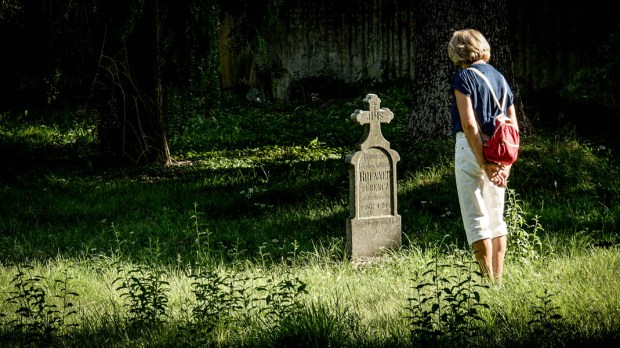Recently I had a very honest conversation with God, during which I told him that I was pretty sure I was going to become an atheist. True story.
As a student of philosophy, I know the arguments for the existence of God backwards and forward, and they give excellent explanations about creation, and human nature, but on suffering, not so much. I can never wrap my head around the uneven distribution of suffering – that some people endure so much, while others seemingly don’t. I don’t want anyone to suffer, but if we all must suffer (and we do) why do some get served giant monsoons of suffering, while others seem to get comparative drizzles?
I was born without a father, to a mother who suffered traumatic abuse at the hands of her own mother. I was raped at the age of five and that abuse went on for years. I was misused by countless men, raped in my teens and in my adult years by men – the wolves who recognized me as wounded, and thus easy prey. I miscarried one of my children at 20 weeks and lived in a dysfunctional and abusive marriage for almost a decade to a man who has his own demons and trauma.
And I survived all of that, only to find myself standing in front of the coffin of my own suffering firstborn child, who killed himself in our home.
Processing my grief through the filtered lives of my friends on Facebook and Instagram became a big occasion of sin for me. One that made me question God’s goodness. Why did I need to suffer all of that, while others seemed to skate by?
In my broken heart, I could only see that God seemed to be helping others in their spare suffering, but seemed completely absent in mine. In asking God about it I couldn’t help but also ask why, right now, is there a mother somewhere who is holding her child, dying of malnutrition, or cholera? Why are there mothers watching their children sleep in a refugee’s tent, with no idea what the future holds? Why are children watching their families be slaughtered before their very eyes? Why are their children being traumatized by bombs falling on their houses?
The knowledge of so much suffering overwhelmed me. Why, God, I asked. Where are you?
I asked it again as I saw Christmas lights go up on the houses in my neighborhood – people going on with their lives, were they even sparing a thought for all the suffering carried by people in this world and for the despair that my son felt the day he died? I felt nothing but rage in my heart. How could God allow this?
The world felt like it was empty and ending. Sobbing, lying on my bathroom floor, I told God that I was done with him – done jumping through hoops of obedience, of trying to be holy to please a God who would stand by as we all carry crosses we did not ask for, and some so much bigger, and heavier-seeming than others. Again, I did not “get” the distribution, which seemed arbitrary and pointless.
The next day out of the blue, I received two rosaries. It felt like God was parenting me, saying “Oh, Leticia, you throw the worst fits but I am not going anywhere,” and He used all of these things to reveal Himself to me.
Then, I found a book called The Choice by Dr. Edit Eger, a survivor of the Holocaust. She shared her thoughts on how people like her survived the concentration camps, while others couldn’t. Simply put, it came down to hope; the people who had hope lived, and their hopefulness was a choice they made. No matter what the Nazis were taking from them, the choice to hope, rather than give into despair, was something no one could strip them of.
Life was in the choice to hope.
I was reading this at the same time as I was doing a homework assignment about the Divine Attributes of God. God is not made up of parts. He is Hope, Justice, Mercy, Love, Kindness and Goodness all at the same time. This truth is beyond anything that we as humans can understand. But in making the effort to try to understand, we come to better know God. We also come to understand that when we say that Jesus is our Hope, we are talking about a transcendent kind of hope, not just a wishful one. Jesus IS Hope, itself. He reveals himself as Hope in his incarnation.
And that was what the Christmas lights that had so infuriated me were all about: Hope. People were not hanging lights because they were disinterested in the suffering of the world but despite that suffering. The lights they were hanging were a rejection of the instinct to despair, and a symbol that they were choosing Hope. Because where there is Hope, there is always light, and life.
Jesus is this to us: our Hope. The light in the darkness that gives us hope, shows us there is a way out of it. It is by holding on to that Hope that we survive in the worst of times, when we are suffering unspeakable horrors and heartbreaks. He is the only Way we will make it through them. The only way.
And that is the way to holiness, the Hope in a manger.
I still don’t understand the unequal distribution of suffering, but I wonder, now, if it is meant to help us hew more closely to that Light we might otherwise ignore, at our own peril, if the darkness did not feel so very overwhelming.

Read more:
“Offering it up”: Is that still a thing?

